Table of Contents
Introduction to Mustard Powder
Mustard powder is a versatile spice made from ground mustard seeds, commonly used in cooking to add tangy flavor, act as an emulsifier, and enhance dishes. In this comprehensive guide, you'll learn everything you need to know about mustard powder—from its origins and production process to practical uses, health benefits, and expert buying tips.
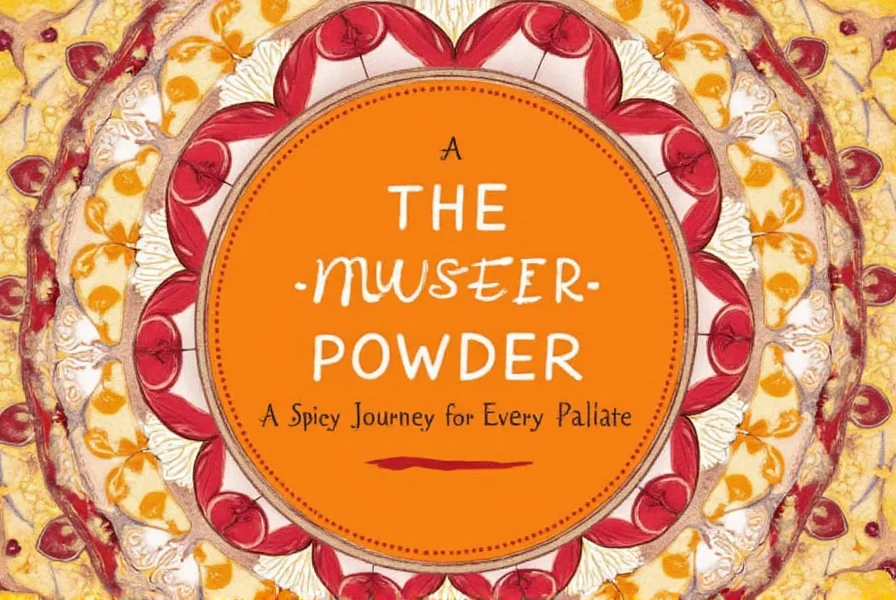
Spice Basics: What Is Mustard Powder?
Mustard powder, also known as ground mustard, is a fine powder made from grinding dried mustard seeds. It typically comes from white/yellow, brown, or black mustard seeds, each offering distinct flavor profiles. White mustard seeds produce a milder powder, while brown and black seeds create more pungent varieties.
What makes mustard powder special is its ability to add tangy, sharp flavor and act as a natural emulsifier in dressings and sauces. When mixed with liquid, enzymes activate to create that signature heat, making it incredibly versatile across cuisines.
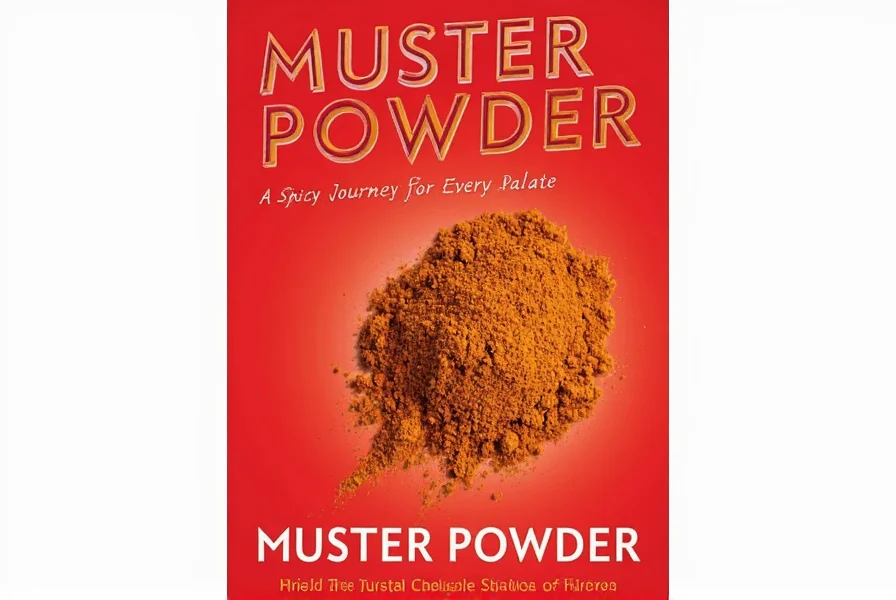
How Is Mustard Powder Made?
The process involves harvesting mature mustard seeds, drying them thoroughly, and grinding them into a fine powder. Some producers roast the seeds first for a nuttier flavor, while others use raw seeds for maximum pungency. The powder is then sifted to ensure uniform consistency.
Many home cooks prefer store-bought mustard powder for convenience and consistent potency, though artisanal versions often offer unique regional variations.
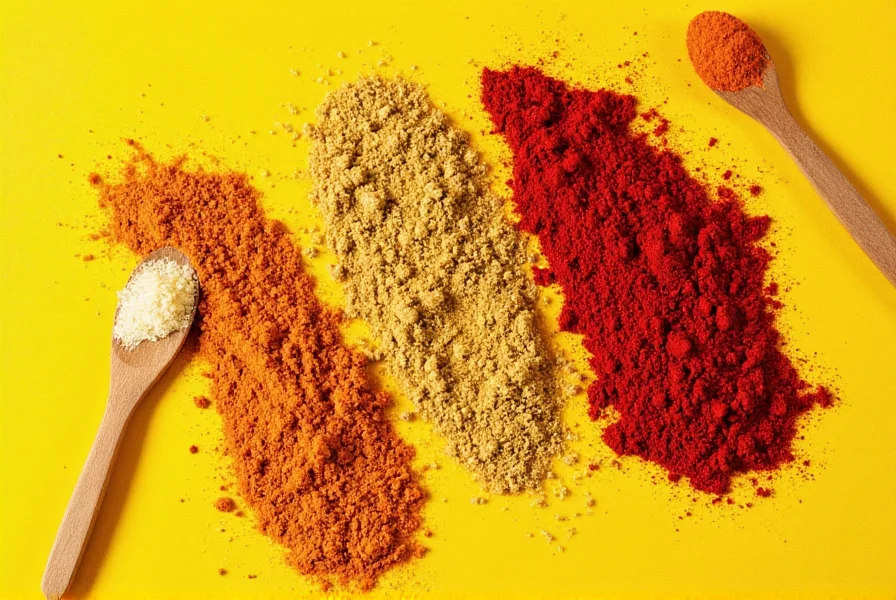
Uses and Benefits of Mustard Powder
Mustard powder is incredibly versatile. Here are some of the most common ways to use it:
- Condiments and Dressings: Essential for classic vinaigrettes, mayonnaise, and barbecue sauces where it prevents separation and adds tang.
- Meat Rubs and Marinades: Forms a flavorful crust on meats and helps tenderize proteins through enzymatic action.
- Baking: Adds depth to cheese straws, pretzels, and savory scones.
- Preserving: Used in pickling brines for its antimicrobial properties and flavor enhancement.
Beyond culinary applications, mustard powder contains antioxidants and anti-inflammatory compounds. According to USDA research, mustard seeds are rich in selenium and magnesium, contributing to their nutritional value. However, topical applications for muscle pain relief are traditional remedies with limited scientific evidence; consult a healthcare professional for medical advice.
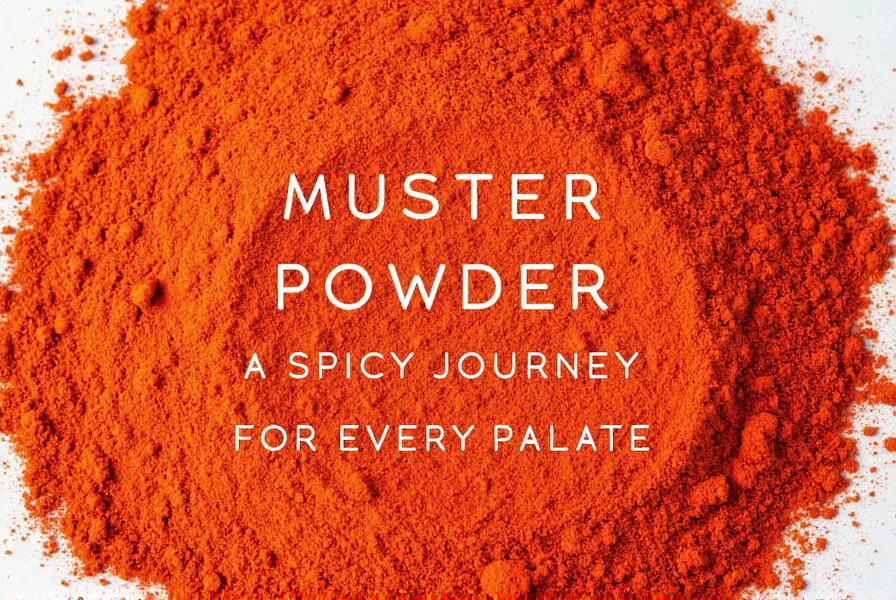
Practical Tips for Using Mustard Powder
Here are some tips to help you get the most out of your mustard powder:
- Activate the Flavor: Mix with cold water, vinegar, or wine to activate enzymes for maximum pungency. For milder flavor, use warm liquids.
- Storage Matters: Keep in an airtight container away from light. Properly stored, it retains potency for 1-2 years.
- Balance Acidity: Pairs perfectly with honey, maple syrup, or cream to counterbalance its sharpness in sauces.
- Thickening Agent: Use as a gluten-free thickener in soups and stews—1 teaspoon per cup of liquid.
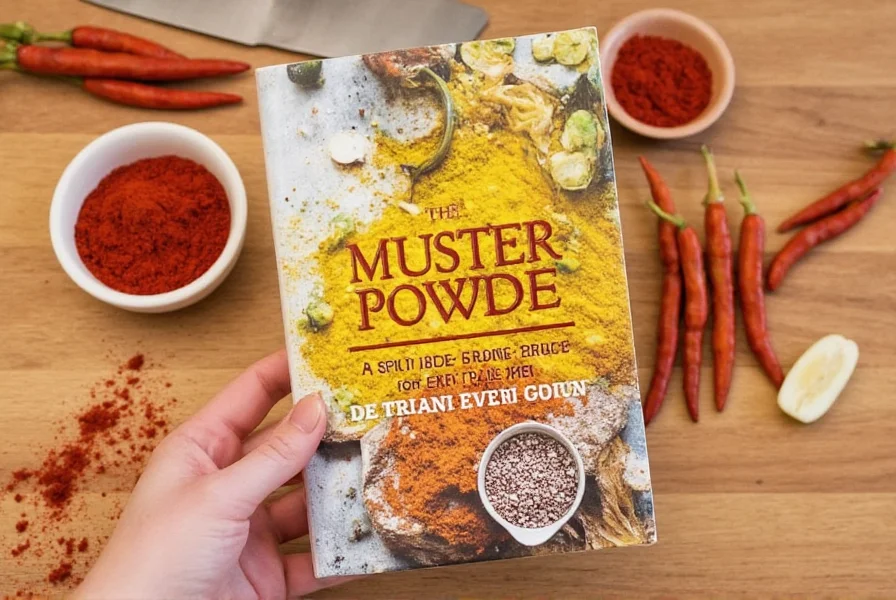
Buying Guide: How to Choose the Best Mustard Powder
| Feature | Description |
|---|---|
| Seed Type | Yellow/white seeds = mild flavor (ideal for American-style mustards). Brown/black seeds = intense heat (common in Dijon and Asian preparations). |
| Freshness | Check for uniform color and strong aroma. Stale powder appears faded with minimal scent. |
| Additives | Pure mustard powder contains only ground seeds. Avoid blends with added flour, salt, or preservatives unless specifically needed. |
| Packaging | Dark glass jars or opaque containers preserve potency better than clear plastic. |
When purchasing, keep in mind the following use cases and target audience:
- Home Cooks: Start with versatile yellow mustard powder for everyday use in dressings and marinades.
- Artisanal Chefs: Seek single-origin brown mustard powder for complex, layered heat in premium sauces.
- Allergy-Conscious Consumers: Verify gluten-free certification if using as a thickener.
A sentence that expands on mustard powder: Mustard powder is not just a spice—it’s a flavor enhancer that brings warmth, depth, and tradition to every dish it touches.
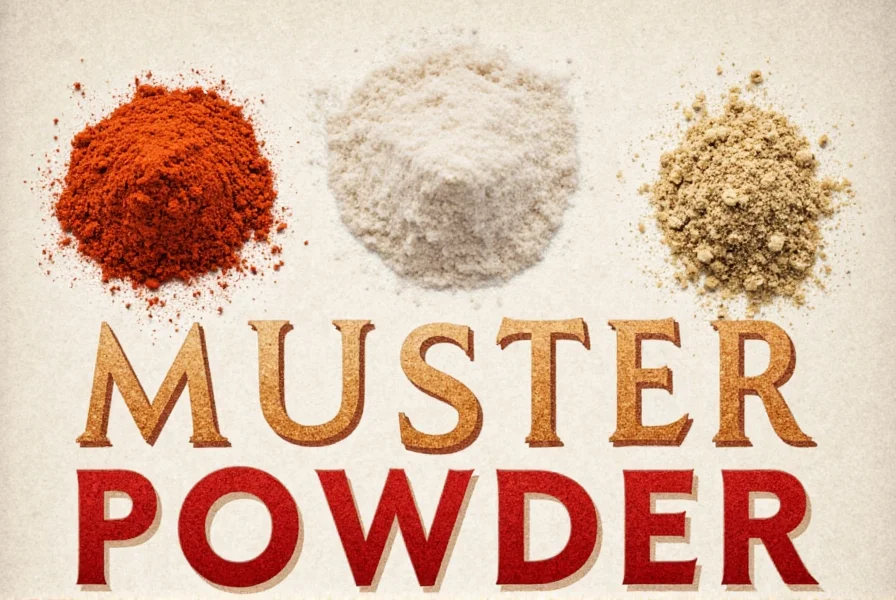
Frequently Asked Questions
What's the difference between mustard powder and mustard seeds?
Mustard powder is made by grinding dried mustard seeds into a fine consistency. Powder provides immediate flavor release when mixed with liquid, while seeds require grinding or soaking to activate their pungency. Powder dissolves evenly in liquids, making it ideal for dressings and marinades where texture matters.
Can I substitute mustard powder for prepared mustard?
Yes, use 1 teaspoon mustard powder plus 1 teaspoon liquid (water, vinegar, or wine) to replace 1 tablespoon prepared mustard. For Dijon-style substitution, add a pinch of white wine to the mixture. Remember that powder delivers more concentrated flavor, so adjust quantities based on desired intensity.
Why isn't my mustard powder spicy?
Mustard's heat comes from enzymatic reactions activated by cold liquid. If using hot liquid, the enzymes deactivate, creating mild flavor. For maximum pungency: 1) Mix powder with cold water/vinegar 2) Let sit 10-15 minutes before use 3) Avoid adding acidic ingredients like lemon juice too early in cooking.
How should I store mustard powder for maximum freshness?
Store in an airtight container in a cool, dark place away from heat sources. Glass jars with tight seals work best. Properly stored, it maintains potency for 12-24 months. Never store near the stove or in clear containers exposed to light, as this degrades the volatile compounds responsible for flavor.
Is mustard powder gluten-free?
Pure mustard powder made from 100% ground seeds is naturally gluten-free. However, some commercial blends add flour as a filler or process in facilities with gluten-containing products. Always check labels for "gluten-free" certification if you have celiac disease or sensitivity, especially when purchasing bulk or store-brand varieties.
Conclusion
In conclusion, mustard powder is a staple in kitchens worldwide. Its versatility, complex flavor profile, and functional properties make it invaluable for both everyday cooking and specialty preparations. Whether you're making a simple vinaigrette or crafting artisanal sausages, mastering mustard powder can transform your culinary results.
So next time you’re in the kitchen, don't overlook that jar of mustard powder. Its ability to enhance flavors, stabilize emulsions, and add depth might just be the secret ingredient your recipes have been missing!
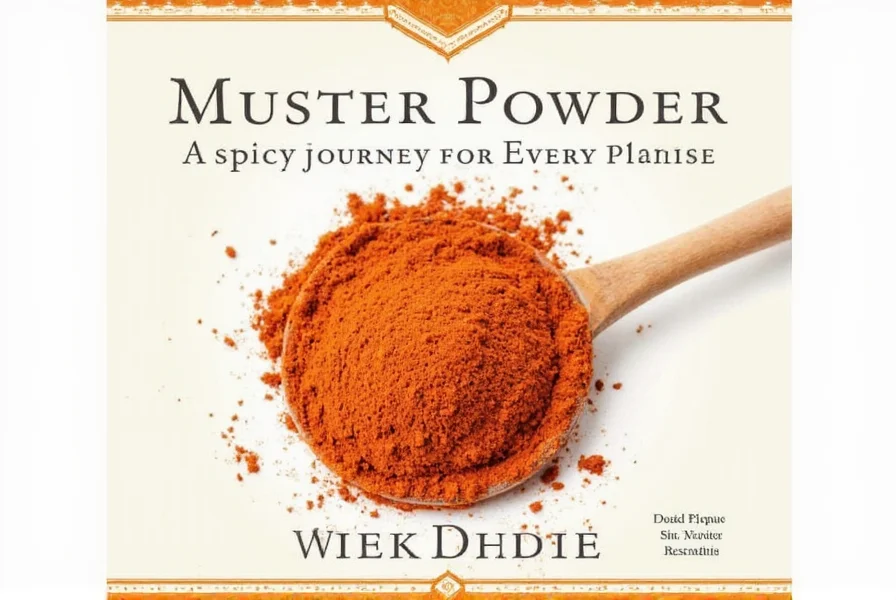

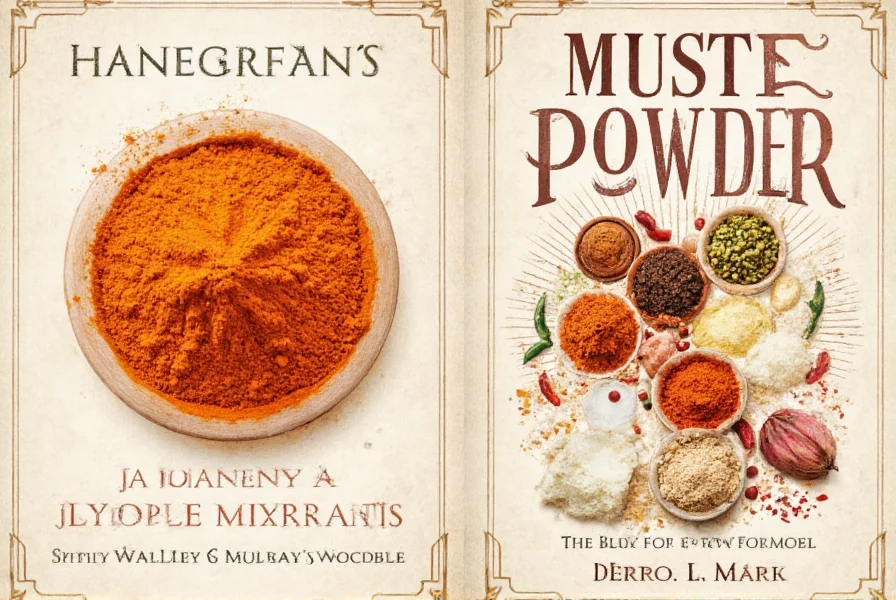









 浙公网安备
33010002000092号
浙公网安备
33010002000092号 浙B2-20120091-4
浙B2-20120091-4